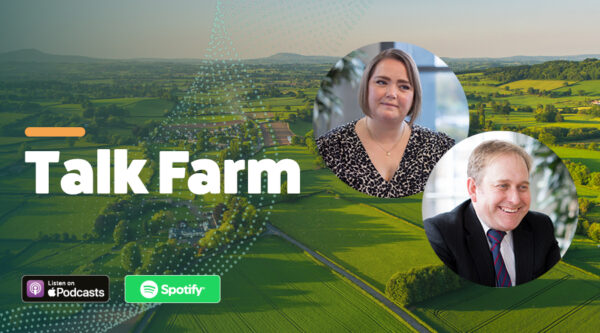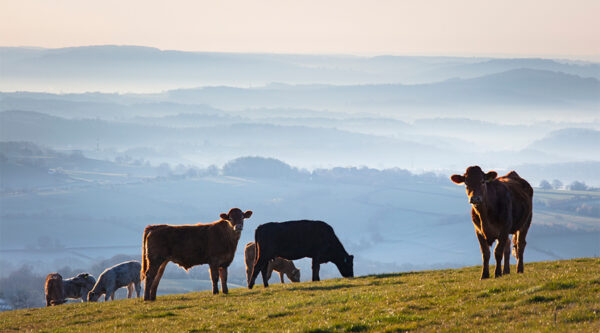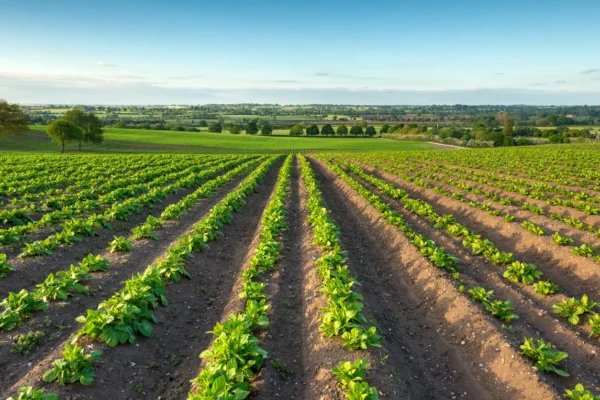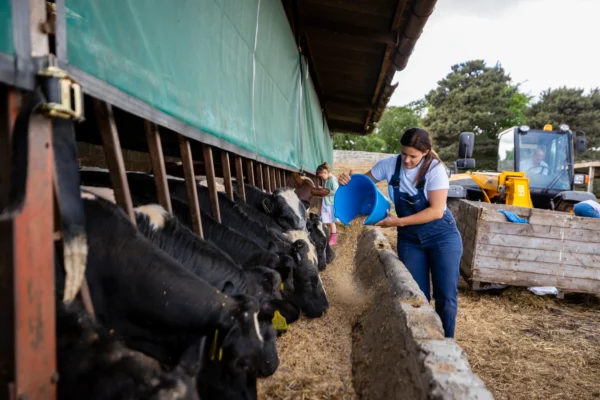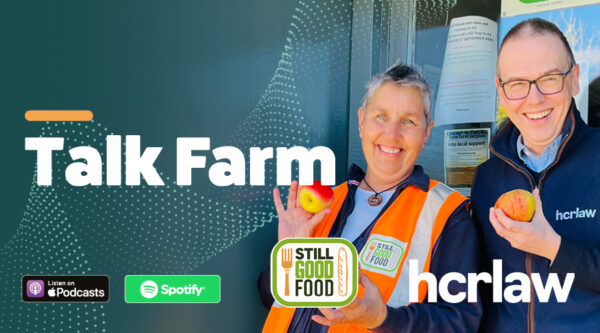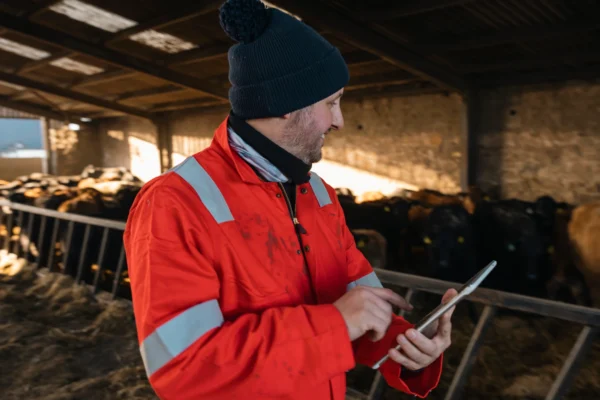
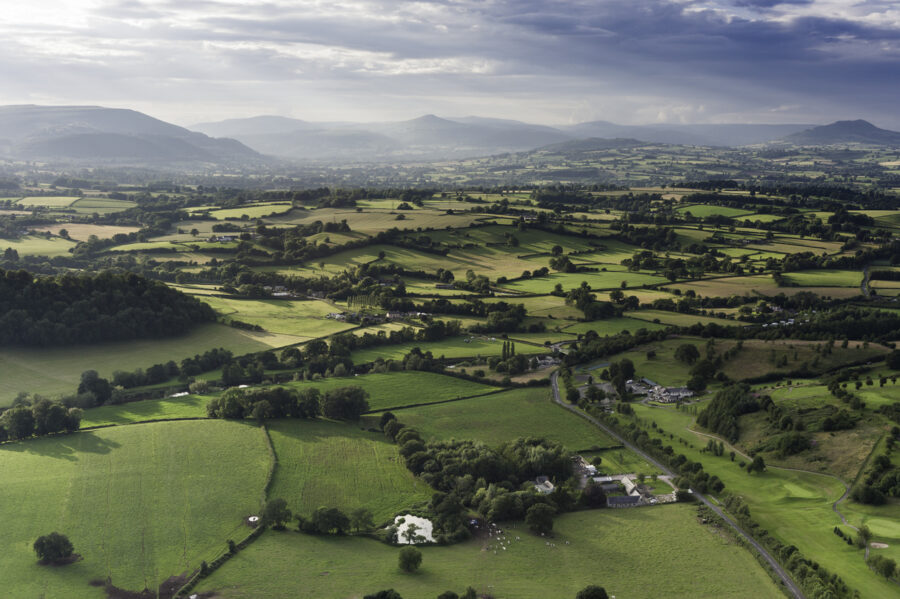
On 15 July 2025, the Welsh government formally launched its long‑anticipated Sustainable Farming Scheme (“SFS”). Commencing in January 2026, the SFS will replace the Basic Payment Scheme (“BPS”) by 2029. The launch of the SFS marks the culmination of years of policy design and stakeholder consultation, not to mention high profile protests across Wales’s farming community.
SFS Wales activity requirement
The SFS introduces a “Universal Layer” of 12 basic activities designed to be accessible to all participating farms. This is a reduction from the original 17 activities and emphasis has been placed on accessibility for tenant farmers and collaborative tiers offer additional payments for more advanced sustainability work.
Notably, to receive the standard payment, farmers must manage at least 10% of their land as habitat. However, the controversial one-size-fits-all requirement to plant 10% tree cover on all farms has been scrapped.
The 12 Universal Actions (“UA”) are:
- UA1: Soil health
- UA2: Integrated Pest Management (IPM)
- UA3: Benchmarking
- UA4: Continuous Professional Development (CPD)
- UA5: Habitat maintenance
- UA6: Temporary habitat creation on improved land
- UA7: Designated Site Management Plan
- UA8: Hedgerow management
- UA9: Woodland maintenance
- UA10: Tree and hedgerow planting opportunity plan
- UA11: Historic environment
- UA12: Animal health and welfare.
To participate in SFS, Welsh farmers must undertake all UA applicable to you and your farm besides from the exemptions stipulated in the scheme description.
Payment design and social value
Payments under the Universal Layer will not rely on costs incurred or income foregone. Instead, they’ll factor in “social value” for ecosystem and community benefits. This aligns with Welsh public sector procurement law and environmental policy.
Whilst the government has said that payments in the first year of the SFS will match those that would have been paid under the BPS, questions remain about how widely payments may fluctuate, especially in response to inflation and long‑term UK funding uncertainty.
Next steps
Through a Ministerial Roundtable of government, farming unions and environmental groups, the SFS now enters a final phase: an economic analysis and legal impact assessment over the coming months. Secondary legislation will be drafted under the Agriculture (Wales) Act and final scheme details – including payment rates, are still to be confirmed ahead of the January 2026 rollout.
In summary
The Sustainable Farming Scheme represents the culmination of an extensive and often fraught process intended to embed environmental stewardship into Welsh agricultural support. It’s aims include ensuring:
- Protection for tenant farmers’ rights
- Payment structures rewarding wider society
- Flexible targets responsive to stakeholder feedback.
Whilst these aims may be well-intentioned, the scheme’s long-term success depends on clear and realistic rules for targets, stable funding, and equitable implementation for new entrants. However, with a published scheme now in place, Wales is poised to move into a new era or agricultural support and trust from the farming community remains key.

